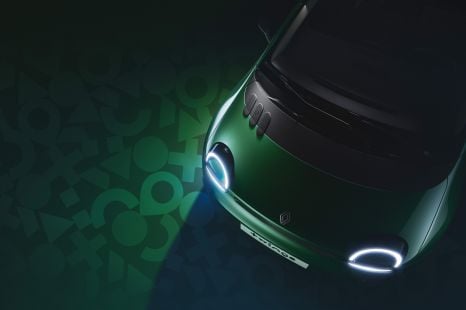

Derek Fung
Renault Twingo EV will be very similar to retro concept
1 Hour Ago
A plug-in hybrid Mitsubishi Triton is expected over the next few years, but how Australia rolls out the tech remains to be seen.

Senior Contributor
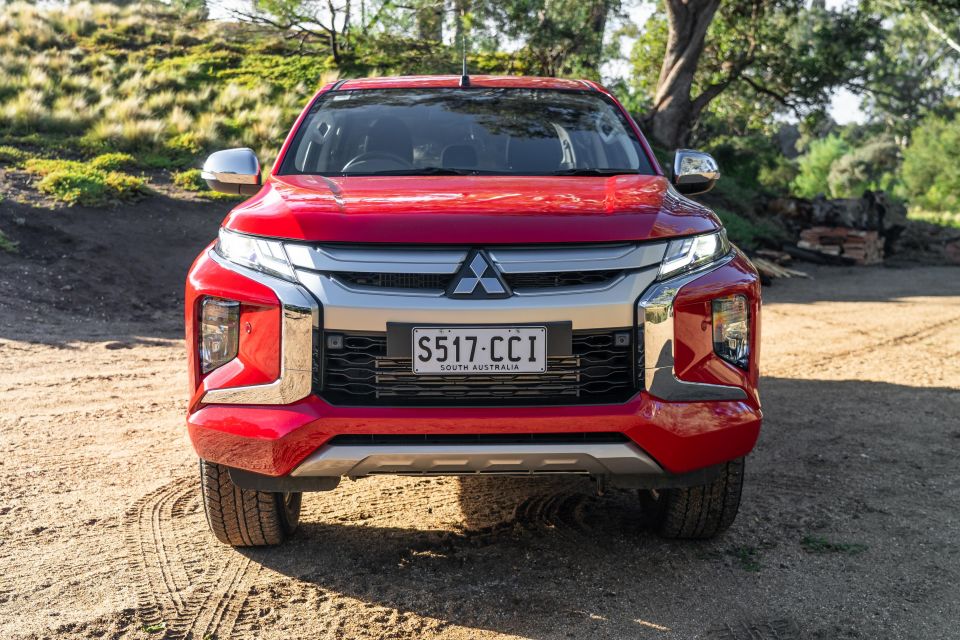

Senior Contributor
A Mitsubishi Triton using a petrol plug-in hybrid (PHEV) drivetrain like the Eclipse Cross and Outlander SUV has potential to work well for urban-based tradies, the company claims.
Electrification of the next-generation Triton using Mitsubishi’s signature technology seems highly likely, though the new-look vehicle is certain to launch (expected in 2023) with a bigger-volume diesel focus. Any PHEV is likely to come later.
The mooted next-gen Triton Plug-in Hybrid would line-up against the PHEV version of Ford’s next-generation Australian-engineered Ranger, confirmed for launch by 2024 with a focus on Europe’s stringent CO2 caps.
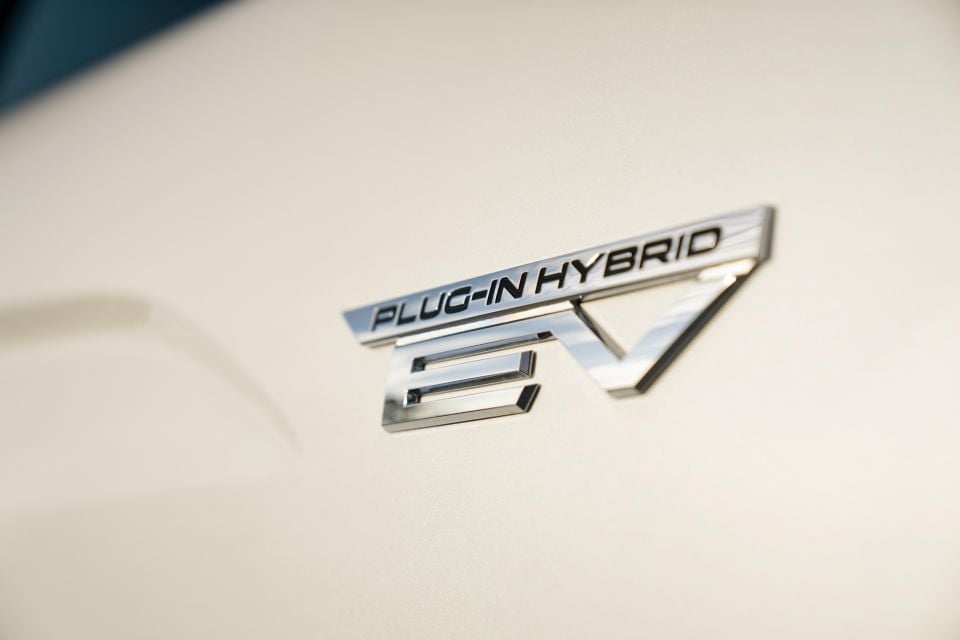
“It’s clear that some time during this decade there’s going to be all forms of electrification of utes, it’s just a matter of what form that will take and when it happens,” said Mitsubishi Australia head of product strategy Owen Thomson.
“It’s been under consideration from day one in the Triton plan,” he added.
Plug-in hybrids offer daily EV capacity with a combustion engine-generator backup for longer trips, while the onboard battery facilitates vehicle-to-grid charging and can theoretically power tools and other equipment on board.
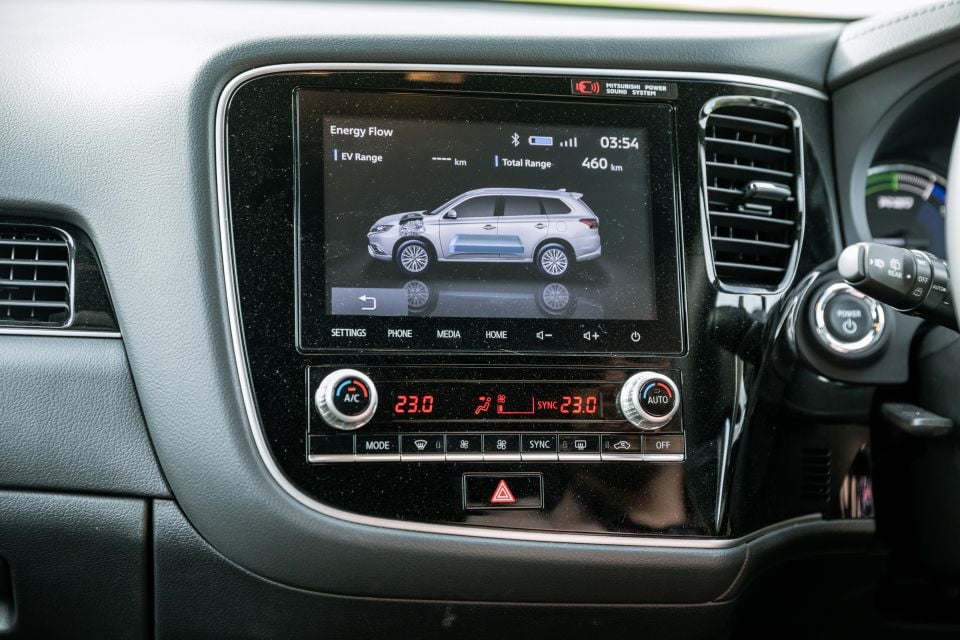
“It can work, [though] it very much depends on the user,” Mr Thomson added.
“Different user groups could take advantage of it, but for other user groups it may be a disadvantage, particularly given the customer base and distribution of the buyers through Australia.
“The electrification of a pickup vehicle is a very interesting question.”
When asked specifically about whether Triton buyers keen to go down the hybrid path may prefer a diesel option, Mr Thomson said it was horses for courses. Toyota is understood to be working on diesel mild-hybrids for the HiLux.
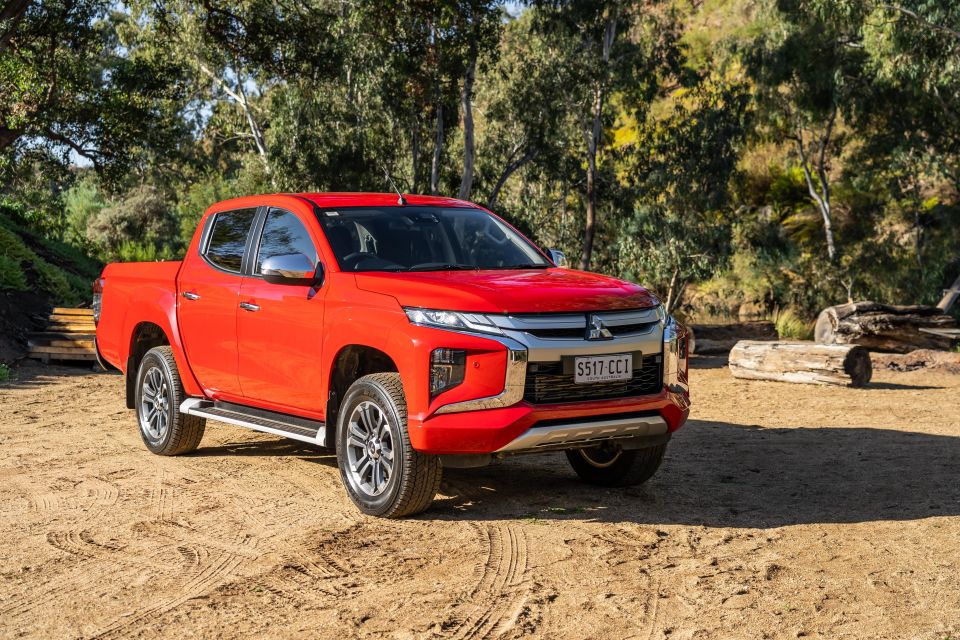
“I can’t see a petrol PHEV ute working for remote users on mining sites and farms because they don’t want to store explosive materials on site which is why they use diesel,” Mr Thomson said.
“But that said, for city-based users a petrol-based PHEV is probably a good thing. This is the challenge of the ute market; it’s such a diverse range of buyers and needs to navigate through.”
Mitsubishi says PHEVs are a crucial gateway to the wider take-up of full-electric vehicles (EVs) in the Australian market.
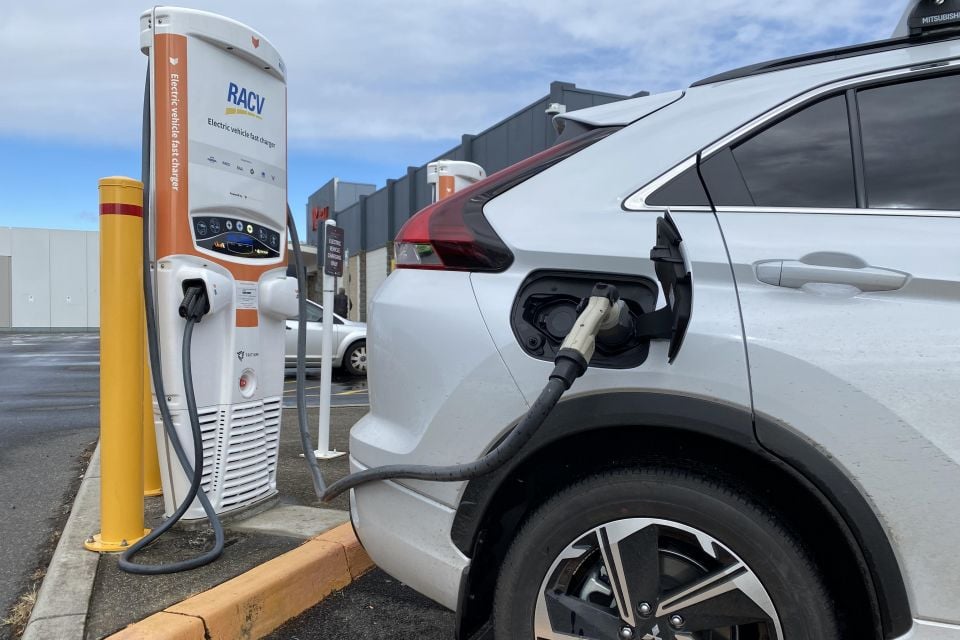
The company cites a survey it commissioned of existing Outlander PHEV owners that found 83 per cent of them intend to buy an EV as their next car, which is interesting since EV market penetration remains low here.
Would you be curious about a ute with 50-70km EV range and a petrol backup?
MORE: Australia’s role in developing the 2023 Mitsubishi Triton
Where expert car reviews meet expert car buying – CarExpert gives you trusted advice, personalised service and real savings on your next new car.


Derek Fung
1 Hour Ago
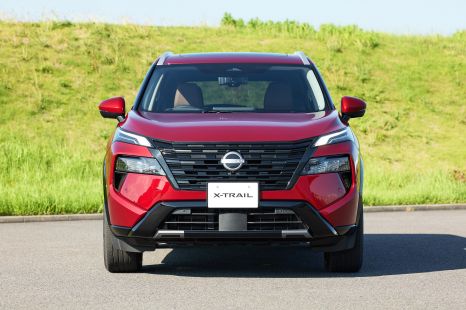

Derek Fung
2 Hours Ago
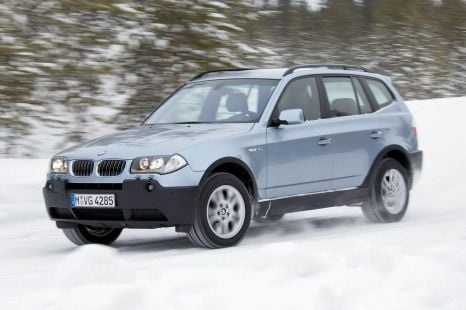

Marton Pettendy
8 Hours Ago
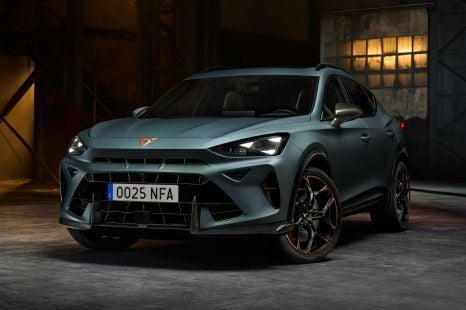

James Wong
13 Hours Ago
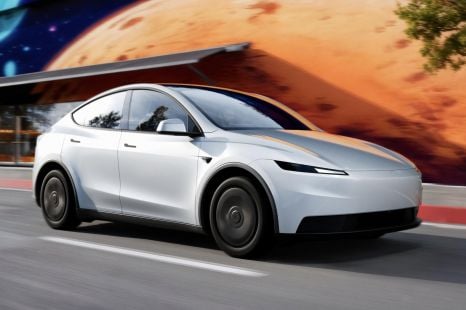

Max Davies
15 Hours Ago
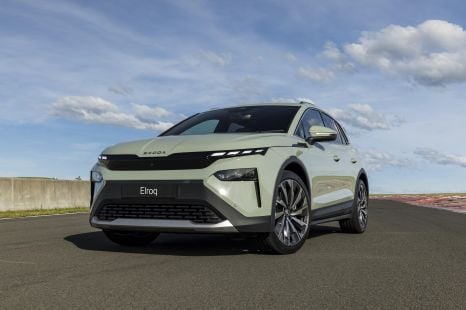

Josh Nevett
16 Hours Ago